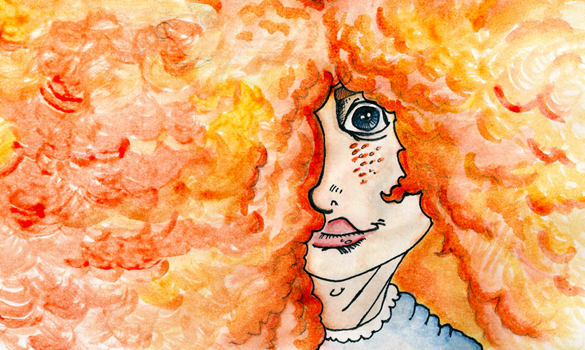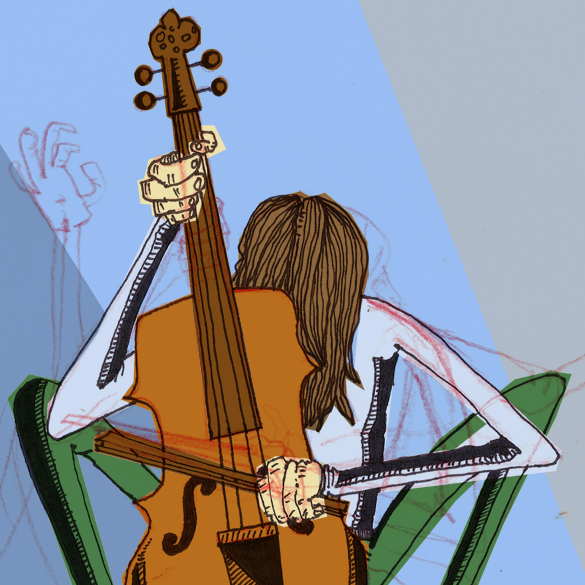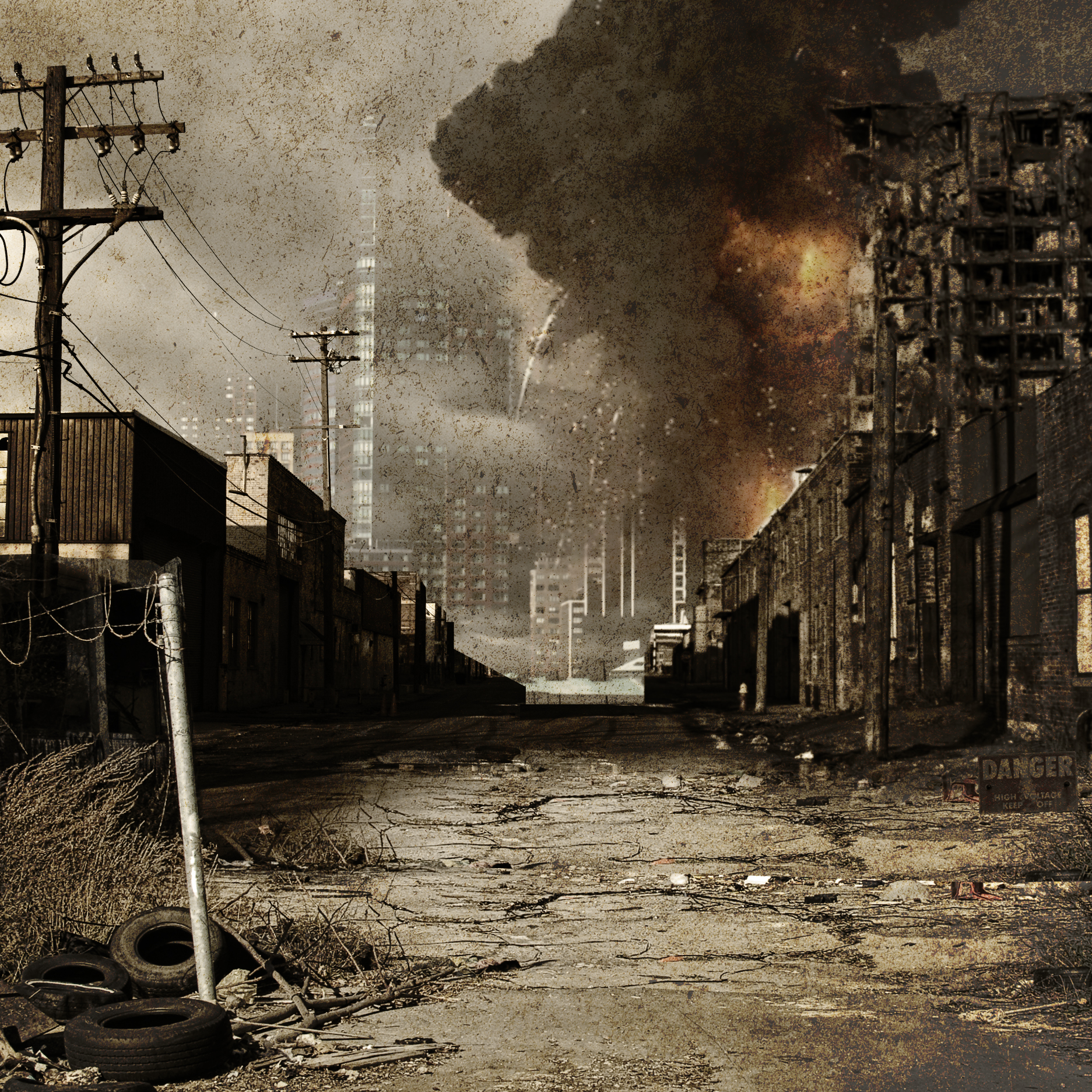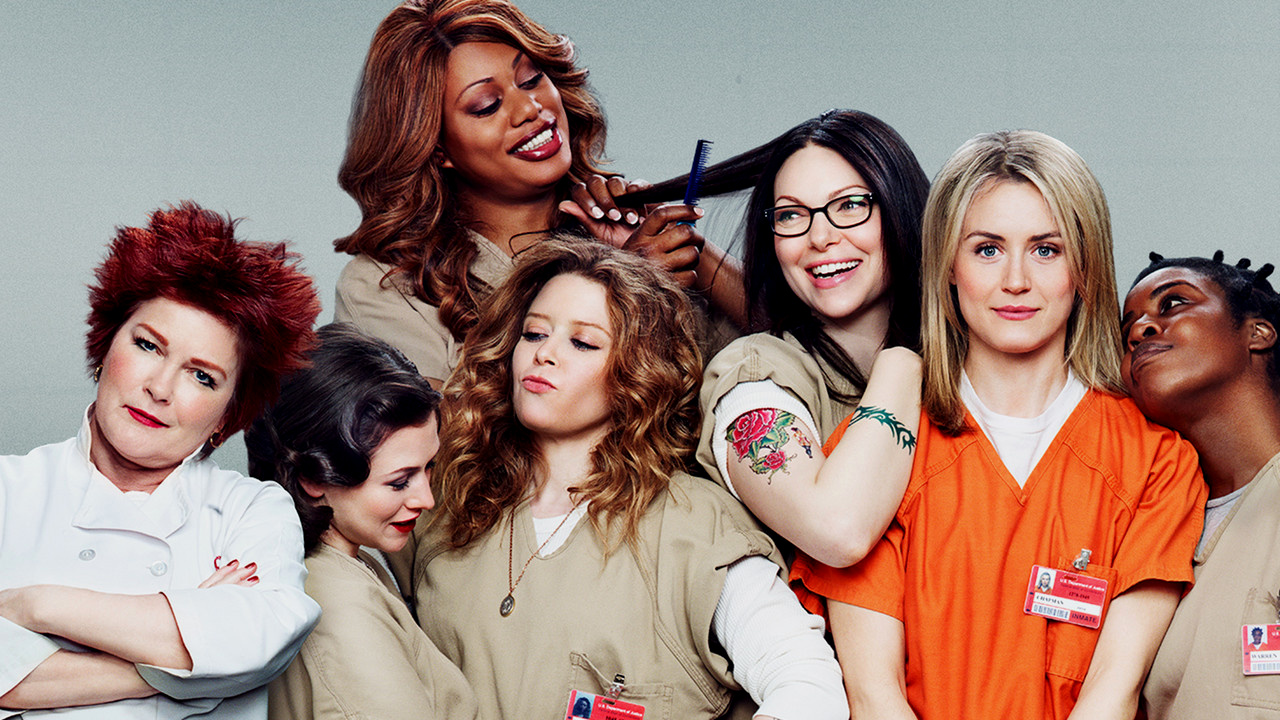Since its release on June 22nd, Disney/Pixar’s Brave has garnered mixed reviews. Critics expected the much anticipated movie to build on the studio’s already staggering box office record and to bring audiences a leading lady unlike any we’ve seen, as it is Pixar’s first to feature a female protagonist and written and co-directed by a woman, Brenda Chapman. Discussions around Brave’s perceived shortcomings point to botched storytelling opportunities—another princess story, and with bears! It’s true that Brave is a movie filled with familiar fairy tale tropes and plot lines. It’s also arguable that Brave doesn’t do enough to reimagine the traditional female lead in particular and gender roles in general. Overall, though, Brave brings audiences an important movie on womanhood and it is critical to recognize how the work challenges a society’s skewed value system and champions a female’s right to assert power over her fate.
We bring our preferences and biases to everything and I certainly brought mine to Brave. On its opening day, I settled into the shaky cinema seat next to my two young daughters and squeezed ill-shaped popcorn kernels inside my palm, greasing and salting my skin, as though I wanted the snack to show me of what it was made. However, it was the movie and much less the popcorn that I wanted to be impressed by. After all the hype, I had high expectations for Brave and didn’t want to be disappointed and humiliated by Hollywood again. In the first moments of the movie, I released the popcorn from my hand and down into the break of my teeth, thinking, all right, all right, this film might just be good. Hell, red is my favorite color and even if it wasn’t, I still would have fallen for Merida’s flaming, untamed locks. Further, I am so attached to medieval times and everything royal, that I have long suspected I was a princess in a previous life. I am also a champion of women and equality for all. Suffice to say Brave had me from the beginning. I forgot all about my butter-stained bucket of popcorn, a bright red vessel bigger than my head, and lost myself in girl power.
Perhaps the best response to critics’ ambivalence toward Brave comes from its characters. The refreshingly complex and accomplished female protagonist, Princess Merida, and her equally impressive mother, Queen Elinor, repeatedly tell us that legends teach people lessons and truths about themselves. Brave revisits these ancient stories and ideologies and illuminates their relevance to modern society and contemporary culture. The travesty Brave highlights is just how relevant and universal a story line drawn from the legends and traditions of tenth century Scotland remain today; we are still a culture pursuing gender equality, a woman’s right to choose, and the sanctity of the individual. Brave is a movie about personal and political power plays and at its center is Princess Merida, a courageous young girl who resists victimization and insists on self-determination, and that is a story both placeless and timeless.
From the movie’s outset, it’s clear that Merida is no typical Disney princess. Amidst dazzling animation, the opening scenes establish the blazing redhead as an unkempt, willful, skilled, and lovable child. Beyond the castle’s perimeter, Merida revels in the freedom of nature and galloping horse rides and is a sharp shooter with a bow and arrow. Back at home though, Queen Elinor constantly monitors and criticizes her daughter, intent on making Merida conform to the confines of the traditional roles of princess and future queen. Not that Elinor is an archetypal evil mother, and in fact her character is far more layered than that. She, however misguided, is loving and well intentioned. When Merida learns she must marry one of the kingdom’s only three eligible suitors, she rebels with spectacular consequences. Merida’s fierce revolt and insistence on autonomy jeopardize herself, her family, and the entire kingdom. By the movie’s close though, there’s a sense of harmony and balanced power, of wrongs righted, and the movie’s ultimate message reinforces the sovereignty and sacredness of the individual.
What’s also rare and wonderful about this Disney/Pixar movie is the absence of a romantic story line. Idealized romantic love and happy-ever-after plots have glutted Hollywood movies for much too long now, perpetuating unrealistic expectations and inflicting untold damage. Instead, the mother-daughter relationship and our relationship to the self lie at the heart of Brave. By way of gorgeous, state-of-the-art animation and excellent characterization, Merida and Elinor become intensely real, and their shared quest for liberation feels so urgent that we deeply empathize with both characters. Brave also uses strong animal imagery and personification to force us to see from perspectives that we might not ordinarily consider, highlighting just how complex and cryptic ‘being’ really is. The movie underscores how critical it is for us to see through different lenses and broaden our experiences and worldview. Admittedly, Brave could have done more. The movie could have cast Merida’s three suitors as appealing, complex characters rather than as empty caricatures, thus making Merida’s rejection of them ever more refreshing and empowering. Indeed, the movie could have imbued its entire male cast of largely brawling imbeciles with depth. They might have also portrayed Merida and Elinor as less prototypically attractive leading ladies, thereby challenging contemporary culture’s equation of desirability with aesthetics—girls of all shapes, sizes, race, class, and sexual orientation need to see themselves in leading roles.
The suggestion that a movie with a girl hero and a message of self-determination comes too late to audiences is ridiculous. We can never have enough female heroes or strong female role models. I rejoiced at the opportunity to bring my two young daughters to a movie with a flawed but fierce girl protagonist. When I was a girl, I never saw a movie like Brave or knew a hero like Merida. If I had, I might have believed myself capable of greater courage and power. I might have become aware that things that ‘have always been this way,’ aren’t always right or unchangeable. I might have taken control of my fate and said “No!” to my sexual abuser. I might have said “Enough!” to abuse years before I did. I might have broken with a history of shame and silence around abuse and crimes against women. Truly, the power and reach of a movie like Brave should not be underestimated. It is a powerful, persuasive work on the wrongs of patriarchal tradition, resistance amid oppression, and the sanctity of a woman’s right to choose. By the film’s end I was the loud one in the audience, cheering as my popcorn spilled, ever so inappropriately, like confetti.
____
Ethel Rohan is the author of Hard to Say (PANK) and Cut Through the Bone (Dark Sky Books), the latter longlisted for The Story Prize. Her work has or will appear in World Literature Today, Tin House Online, The Irish Times, Post Road Magazine, The Rumpus, The Los Angeles Review, and elsewhere. She earned her MFA in fiction from Mills College, California. Raised in Ireland, Ethel Rohan now lives in San Francisco. Visit her at ethelrohan.com.




Love this! I have whiplash from nodding in agreement so often. Flaws and beauty (are they really that much different?): you nailed every bit of this film.
Sam, thanks so much for reading and commenting. I’m glad this resonated and hope you’ve recovered from whiplash 🙂